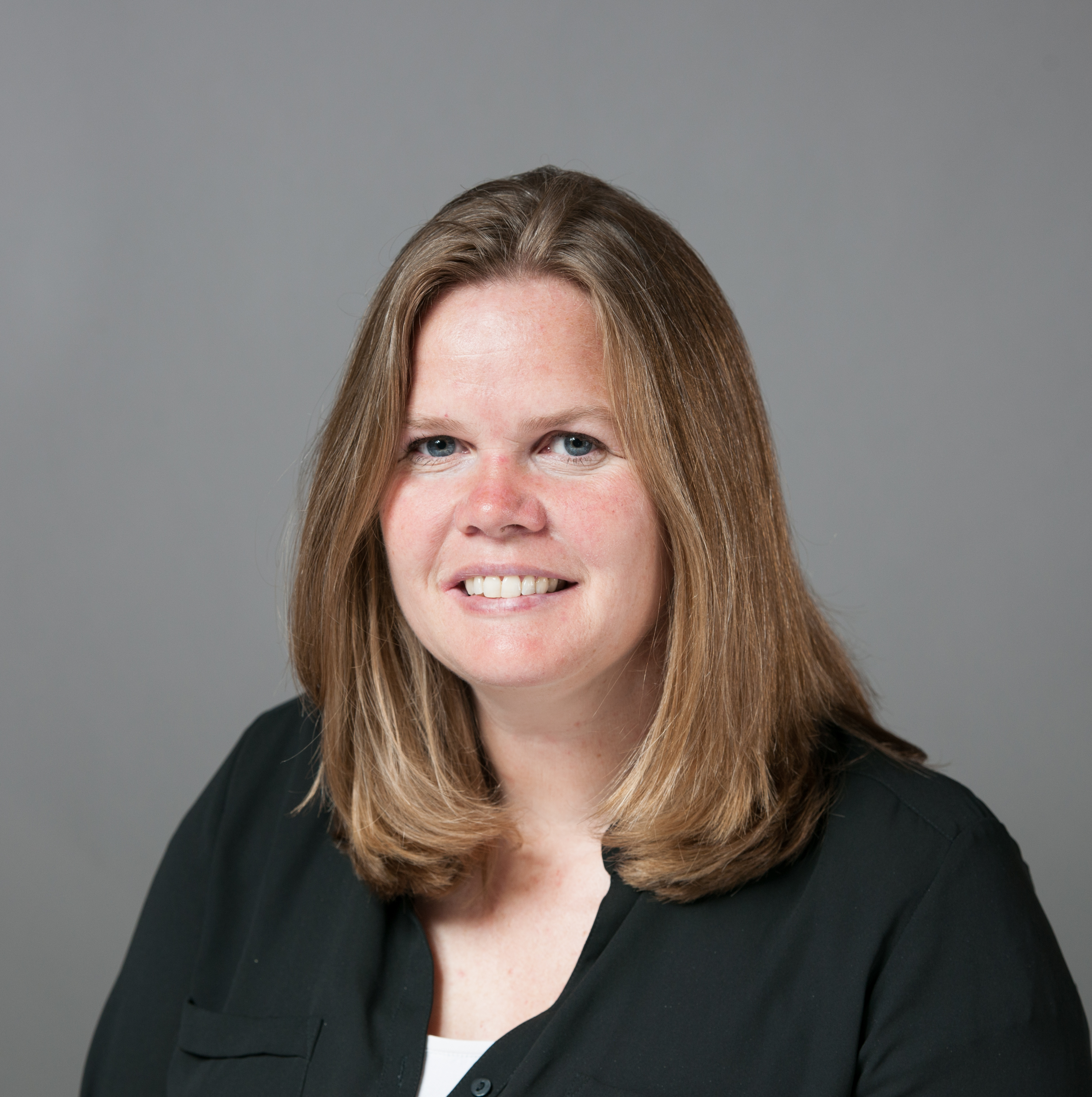The big picture: using wildflower strips for pest control
The Sustainable Agriculture for Africa (SAFA) partnership convened a workshop in Marrakesh this week to mark the 4th year of the collboration which aims to revolutionize agricultural practices across the continent. SAFA is a joint initiative involving University Mohammed VI Polytechnic (UM6P-Morocco) Rothamsted Research, and Cranfield University, UK, supported by the OCP Group.
Opening the workshop, Hicham El Habti, President of UM6P, said, "In four years, the SAFA programme can celebrate significant strides in reshaping African agriculture. Our commitment to sustainability through collaboration remains strong. The partners are inspired to continue tackling food security challenges in a new phase of the programme; 'SAFA II.”
Also attending the opening ceremony was the UK’s Ambassador to Morocco, Simon Martin (pictured above visiting the laboratories at UM6P) . Emphasizing the UK's commitment to supporting sustainable agriculture through educational and scientific collaboration, Mr Martin underscored the importance of cross-border knowledge exchange in tackling the complex challenges of food security and sustainable farming practices in Africa, aligning with the global goals of sustainable development.
This year's workshop showcased of key achievements of the partnership across various thematic areas, the development of accessible research and analytical laboratories, and training of over 20 international PhD students and early career researchers.
The discussions on SAFA II explored the expansion of activities into Sub-Saharan Africa, with a focus on key crops like rice, maize, and pulses. These discussions run parallel to wider UK-Morocco discussions on agriculture in Africa ahead of the UK-African Investment Summit and the African Agriculture Adaptation Initiative in the spring.’

INTERNATIONAL PROGRAMMES MANAGER
Rothamsted Research is the longest-running agricultural research institute in the world. We work from gene to field with a proud history of ground-breaking
discoveries in areas as diverse as crop management, statistical interpretation and soil health. Our founders, in 1843, were the pioneers of modern
agriculture, and we are known for our imaginative science and our collaborative approach to developing innovative farm practice.
Through independent research, we make significant contributions to improving agri-food systems in the UK and internationally, with
economic impact estimated to exceed £3 bn in annual contribution to the UK economy. Our strength lies in our systems approach, which combines strategic research,
interdisciplinary teams and multiple partnerships.
Rothamsted is home to three unique National Bioscience Research Infrastructures which are open to researchers from all over the world:
The Long-Term Experiments,
Rothamsted Insect Survey and the
North Wyke Farm Platform.
We are strategically funded by the Biotechnology and Biological Sciences Research Council (BBSRC), with additional support from other national and
international funding streams, and from industry. We are also supported by the Lawes Agricultural Trust (LAT).
The Biotechnology and Biological Sciences Research Council is part of UK Research and Innovation, a non-departmental public body funded by a grant-in-aid
from the UK government.
BBSRC invests to push back the frontiers of biology and deliver a healthy, prosperous and sustainable future. Through our investments, we build and support a vibrant,
dynamic and inclusive community which delivers ground-breaking discoveries and develops bio-based solutions that contribute to tackling global challenges,
such as sustainable food production, climate change, and healthy ageing.
As part of UK Research and Innovation (UKRI), we not only play a pivotal role in fostering connections that enable the UK’s world-class research and innovation system
to flourish – we also have a responsibility to enable the creation of a research culture that is diverse, resilient, and engaged.
BBSRC proudly forges interdisciplinary collaborations where excellent bioscience has a fundamental role. We pioneer approaches that enhance the equality, diversity,
and inclusion of talent by investing in people, infrastructure, technologies, and partnerships on a global scale.
The Lawes Agricultural Trust, established in 1889 by Sir John Bennet Lawes, supports Rothamsted Research’s national and international agricultural science through the provision of land, facilities and funding. LAT, a charitable trust, owns the estates at Harpenden and Broom's Barn, including many of the buildings used by Rothamsted Research. LAT provides an annual research grant to the Director, accommodation for nearly 200 people, and support for fellowships for young scientists from developing countries. LAT also makes capital grants to help modernise facilities at Rothamsted, or invests in new buildings.